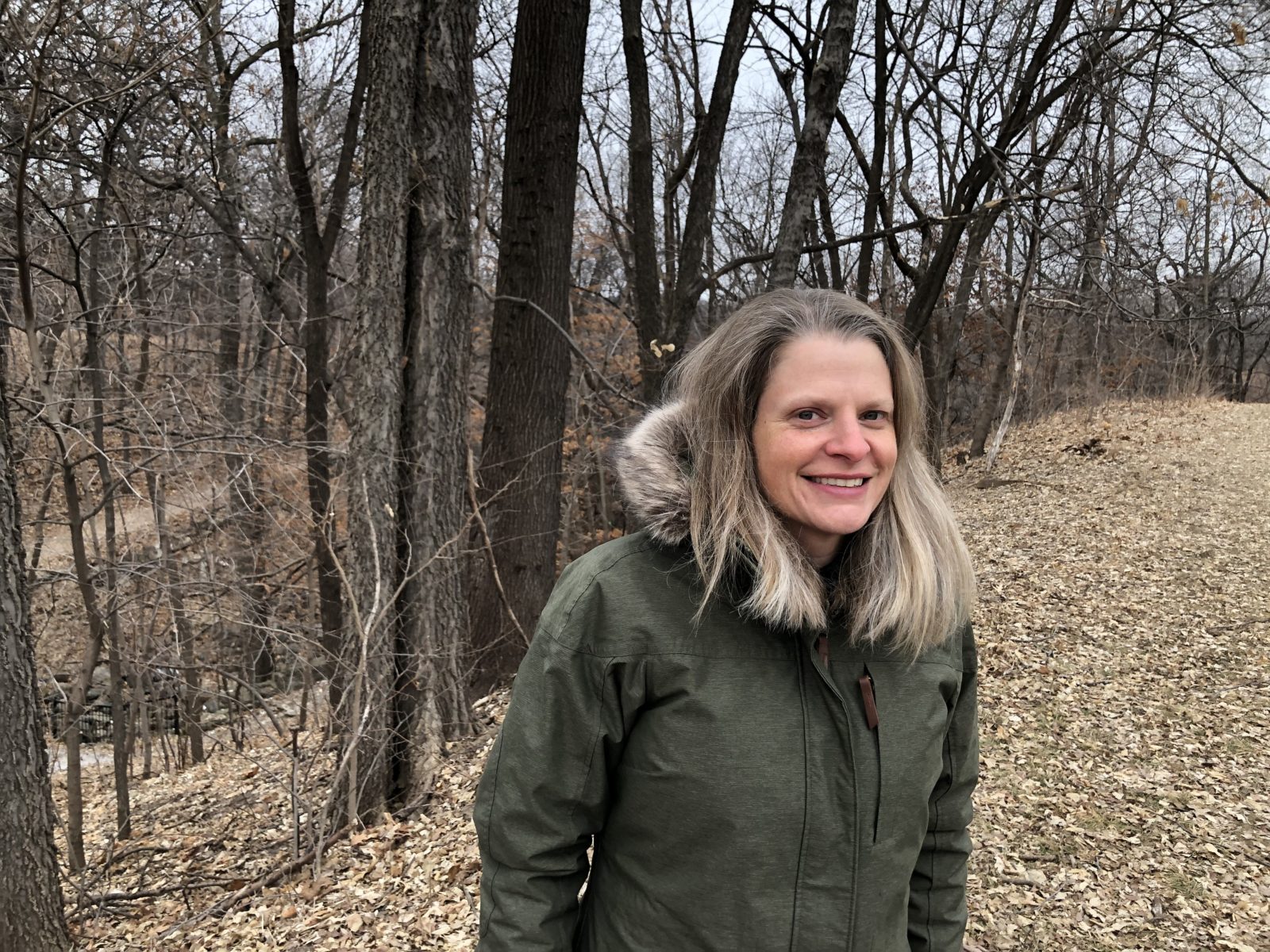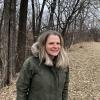Meet Teaching Artist Sara Lynne Puotinen


Sara Lynne Puotinen lives in south Minneapolis, near the Mississippi River Gorge, where she tries to be upright and outside as much as possible. She earned a BA in religion, an MA in ethics, and a PhD in women’s studies, which all inform her experiments in paying attention and her playful troubling of what it means to write while moving and to move while writing. Her writing appears in Longleaf Review, Poemeleon, and the How To series for Silver Birch Press. She documents her runs by the gorge and her swims in Lake Nokomis at run.room34.com. For more on the experiments she has developed while moving, see sarapuotinen.com/experiments.
To find Sara's current list of classes, check out her artist bio page.
* * *
When did you start teaching? What path—career or otherwise—brought you here?
The first class I ever taught was Introduction to the Humanities at Rasmussen College, over 20 years ago. Later I earned a PhD in women's studies with an emphasis in ethics and taught for six years as an assistant professor in the Gender, Women, and Sexuality Studies Department at the University of Minnesota. I taught courses in ethics, queer theory, feminist pedagogy, and troublemaking. Then, burned out from the academy, I stopped teaching. Five years ago, on a whim, I took an experimental poetry class at the Loft. It changed my life. I started exploring the connections between my previous work in ethics, my current work on running and storytelling, and poetry. I took more classes at the Loft and experimented a lot with what it could mean to write while running and to run while writing. Now I'm excited to share my experiments, and try some more, with students.
How would you describe your teaching style?
I love this line from the poet Mary Ruefle: "The difference between myself and my students is that I am better at not knowing what I am doing." As the teacher, I'm a guide, not an all-knowing expert. In class, we navigate the not knowing together, experiment with ways to respond to it, develop skills for feeling better able to be dwell in uncertainty. This not knowing involves a lot of experimenting, questioning, curiosity, and generosity toward each other.
When it comes to imagining and creating classes, where do your ideas come from? What in particular inspires you?
Most of my ideas come while I'm outside running or walking beside the Mississippi River Gorge in South Minneapolis. They begin as experiments I'm trying or would like to try.
What's the ideal environment for your classroom? What atmosphere are you hoping to establish?
A community of learners who are curious, enthusiastic, and excited to experiment and support each other in their experiments.
Regardless of what your class is specifically focusing on, what's the main goal you have for your students?
I want them to find more wonder (as delight and curiosity) in the world in ways that help them in their writing, their lives, and with their communities.
What are goals you have for yourself? These could be teaching goals, writing goals, career goals, community goals, etc.
Five years ago, I was diagnosed with a degenerative eye disease (cone dystrophy) that will eventually destroy my central vision. I've been using experimental forms of poetry to document the process of losing that vision. So far, I've created Snellen chart poems that tell the story of my diagnosis and poems in the shape of my blind spot that describe how it feels to be (most likely) becoming legally blind. I'd love to do some sort of public installation with these poems and publish them as a collection.
To you personally, what is the most important part of the literary arts?
The space it opens up for curiosity, wonder, and recognizing and imagining other ways to be.
